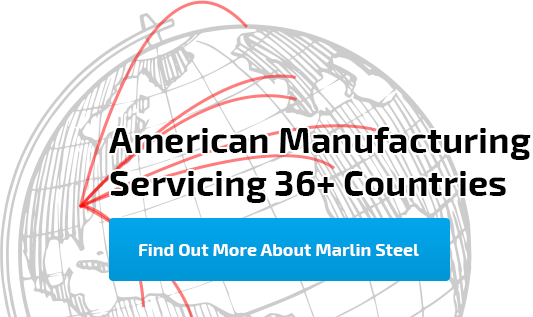 In President Obama’s recent State of the Union Address, our country’s leader focused on a number of topics, not the least of which was the American economy. Right now, the economy is the healthiest it has been in years, with new jobs being added and confidence among small businesses on the rise.
In President Obama’s recent State of the Union Address, our country’s leader focused on a number of topics, not the least of which was the American economy. Right now, the economy is the healthiest it has been in years, with new jobs being added and confidence among small businesses on the rise.
To keep jobs growing, particularly jobs that pay a living wage, the U.S. economy needs to become stronger. As a part of the State of the Union Address, President Obama stated that “I’m asking both parties to give me trade promotion authority to protect American workers, with strong new trade deals from Asia to Europe that aren’t just free, but fair.” The trade promotion authority, if granted, would help to remove impediments to the export of American-made goods and ensure fair trade practices.
Who Benefits from the President Gaining Trade Promotion Authority?
The short answer to this question is any business (and employee of said business) which exports goods to foreign markets or deals with businesses that do so on a regular basis. In a post from the U.S. Chamber of Commerce made following the President’s State of the Union address, the U.S. CoC named five companies that would benefit greatly from Congress passing a renewal of the Trade Promotion Authority (TPA) as an example of why the TPA should be passed.
Among the five companies listed was Marlin Steel of Baltimore, MD.
Why is the TPA Important?
As you may have read in some of our past posts, a truly fair and equal opportunity market is critical to allowing businesses to succeed based on their unique intellectual properties (IPs). When trade opportunities are not equal, such as when:
-
One business illegally steals IP to gain advantage without making an investment or experiencing repercussions.
OR
-
One business is held to different product safety and emissions standards from market competitors.
Either of the above situations give one business an unfair advantage that other businesses cannot match easily.
For example, say that company A invests hundreds of thousands of dollars into the development of a new product line or series of products. When company A goes to sell that product in the open market, the cost of that development has to be accounted for in the final cost to the consumer. Company B, on the other hand, manages to acquire a copy of company A’s design doc and process instructions, allowing them to build the same product without the R&D investment. Company B can undercut company A since they didn’t incur all of the same expenses, driving down company A’s market share, profits, and ability to add new jobs. This is one way in which U.S. manufacturers have been harmed by overseas competitors in the past, though there are ways to fight back against this.
The same goes for emissions standards. Developing new processes and installing equipment to lower emissions costs money, which is often reflected in the cost of goods sold by a given company. When two competitors on the global economy have different emissions standards and guidelines, then the company with the lower production costs will be able to edge out their competitor.
Passing the TPA would give the President the ability to send trade agreements, which can include provisions for emissions standards, through Congress for, as a recent Wall Street Journal article puts it, “a straight up-or-down vote without the ability to add crippling amendments that could kill the deal.” This would simplify the process for getting trade agreements passed, reduce the complexity of the agreements so that unintentional loopholes are less likely to make it in, and strengthen the position of the U.S.A. in trade negotiations by presenting a united front.
The TPA would directly benefit businesses and workers whose jobs are tied to exports, which accounts for roughly one of every five jobs in the U.S., jobs which pay better than non-export jobs (20%, according to the WSJ.com article mentioned earlier).
The American economy is on the rise. However, now is not the time to relax and rest on our laurels. Now is the time to keep pushing for more innovation and improved fairness in the open market.



.gif)


